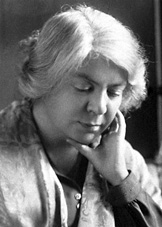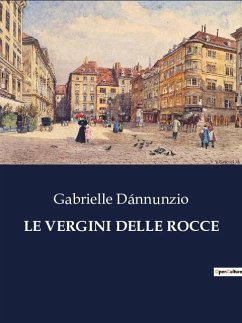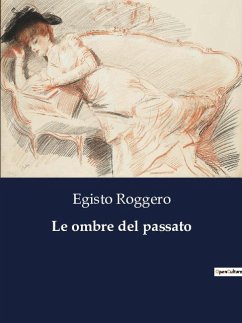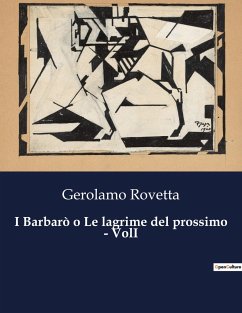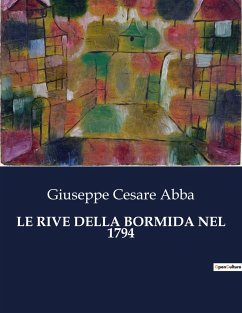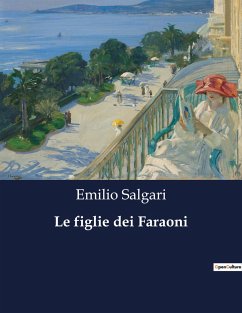
Le colpe altrui
Versandkostenfrei!
Versandfertig in 1-2 Wochen
18,90 €
inkl. MwSt.
Weitere Ausgaben:

PAYBACK Punkte
0 °P sammeln!
Para Zironi, l'ultimo fraticello rimasto fra le rovine del convento di Monte Nieddu, scendeva tranquillo il sentieruolo della foresta, andando a cercarsi da vivere poichè nessuno più pensava a portargliene lassù. Tutti oramai credevano che gli avanzi del convento fossero stati già diroccati per ordine di uno speculatore che tagliava le foreste di Monte Nieddu: fino a qualche mese prima solo un pastore si ricordava di frate Gerolamo ancora vivo e svelto lassù come la lucertola fra le rovine, e ogni tanto andava ad assistergli la messa e gli recava in dono un vaso di latte cagliato o un pez...
Para Zironi, l'ultimo fraticello rimasto fra le rovine del convento di Monte Nieddu, scendeva tranquillo il sentieruolo della foresta, andando a cercarsi da vivere poichè nessuno più pensava a portargliene lassù. Tutti oramai credevano che gli avanzi del convento fossero stati già diroccati per ordine di uno speculatore che tagliava le foreste di Monte Nieddu: fino a qualche mese prima solo un pastore si ricordava di frate Gerolamo ancora vivo e svelto lassù come la lucertola fra le rovine, e ogni tanto andava ad assistergli la messa e gli recava in dono un vaso di latte cagliato o un pezzo di ricotta avvolto nell'asfodelo; ma negli ultimi tempi anche i pastori erano stati cacciati dalla...





